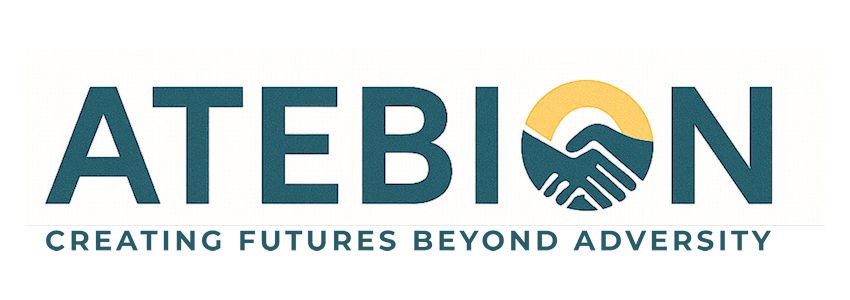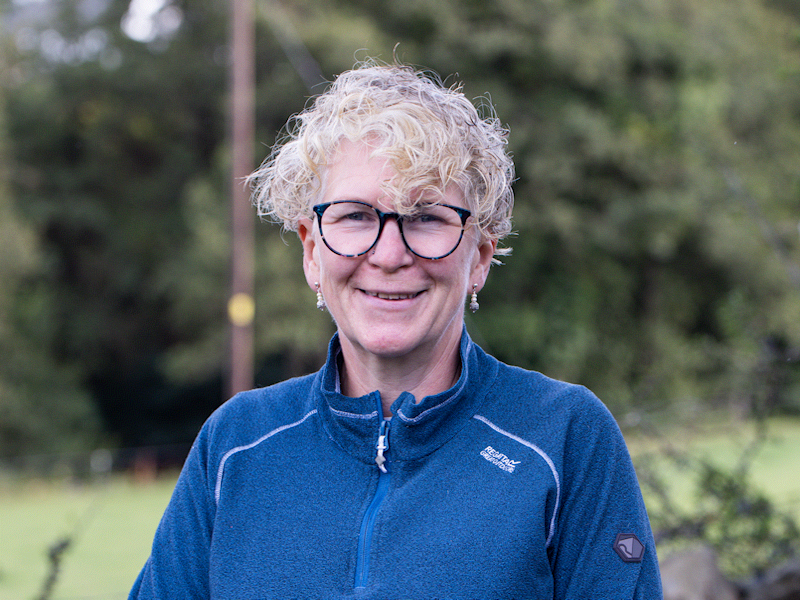EPOC stands for Eight Principles Of Change. It has been developed by Rich Price, with the Insights of people who have overcome their adversity. The EPOC Programme empowers individuals, not only to make the transformation from addiction and adversity to recovery, but also to become aware of what has shaped their past, whilst simultaneously identifying possibilities for growth and success.
Born from observations of needless painful relapses and stagnant recovery, the EPOC Programme aims to build on existing skills, talents, and assets to encourage perpetual sustainable growth.
Each session of the EPOC Programme encourages a regulatory process, reflection, and opportunity to explore potential for future development. The sessions are both educational and interactive.
Why principles? Having strong principles helps us to align our values and stay focused as we move forward in our recovery. They help us to create stability in a somewhat chaotic world, where we learn to respond rather than react.
Unlike rules, principles are relational and reflective. We will inevitably stray from our moral compass from time to time, so having a set of principles that we can lean in to with the assistance of our peers, helps us to learn from the mistakes we make and avoid them in the future.
The more we learn, the more we progress, and the greater the probability is of us overcoming times of adversity without the temptation of relapse.







